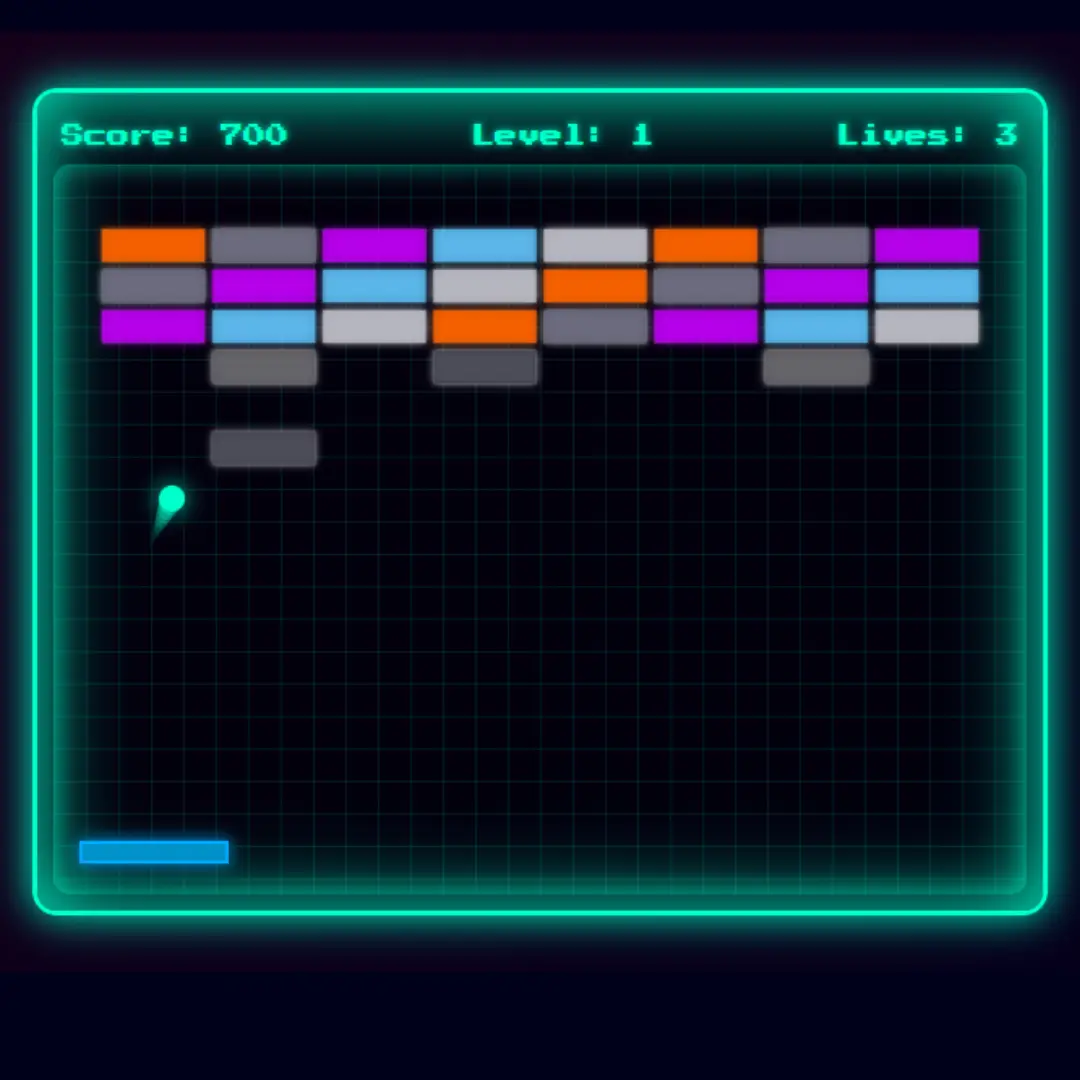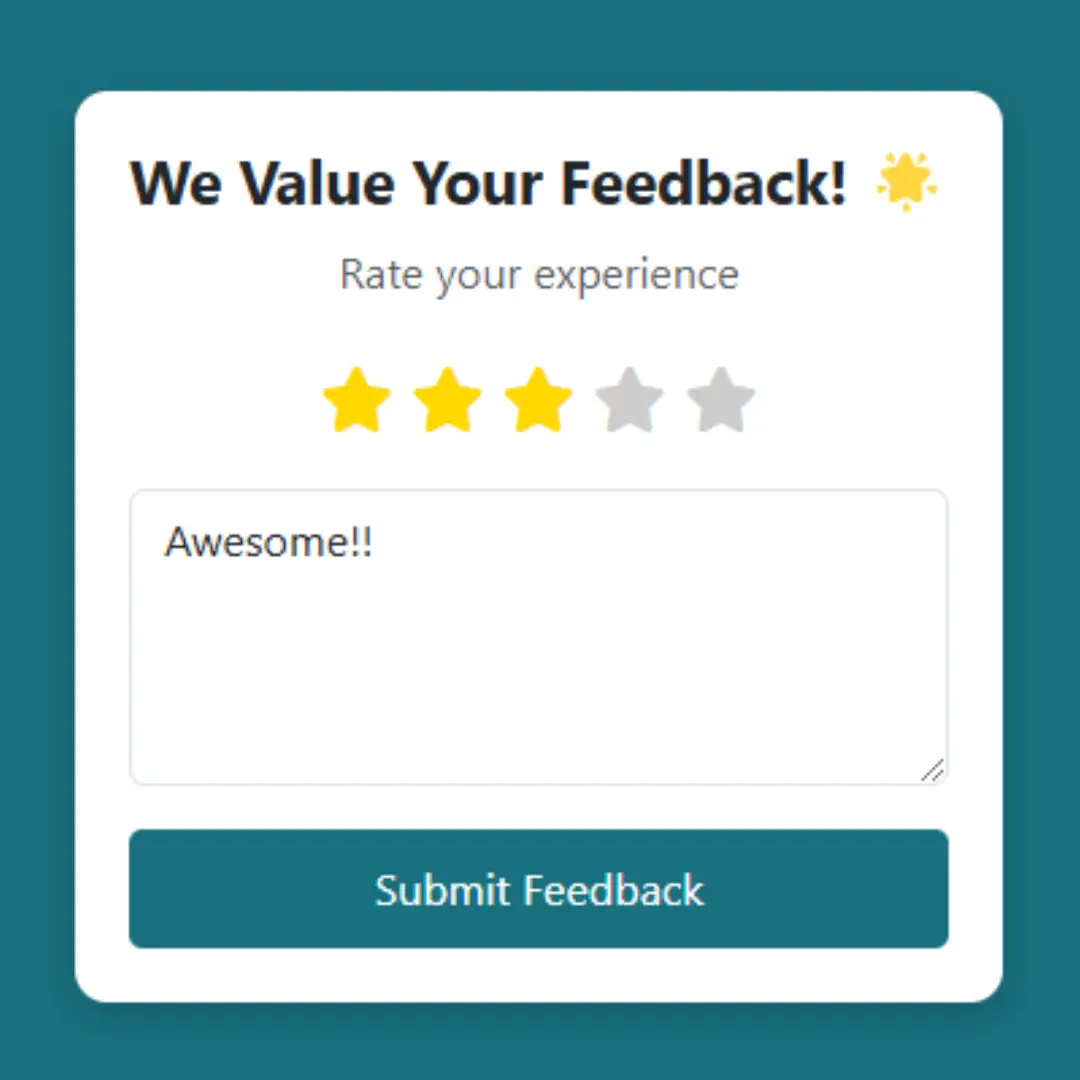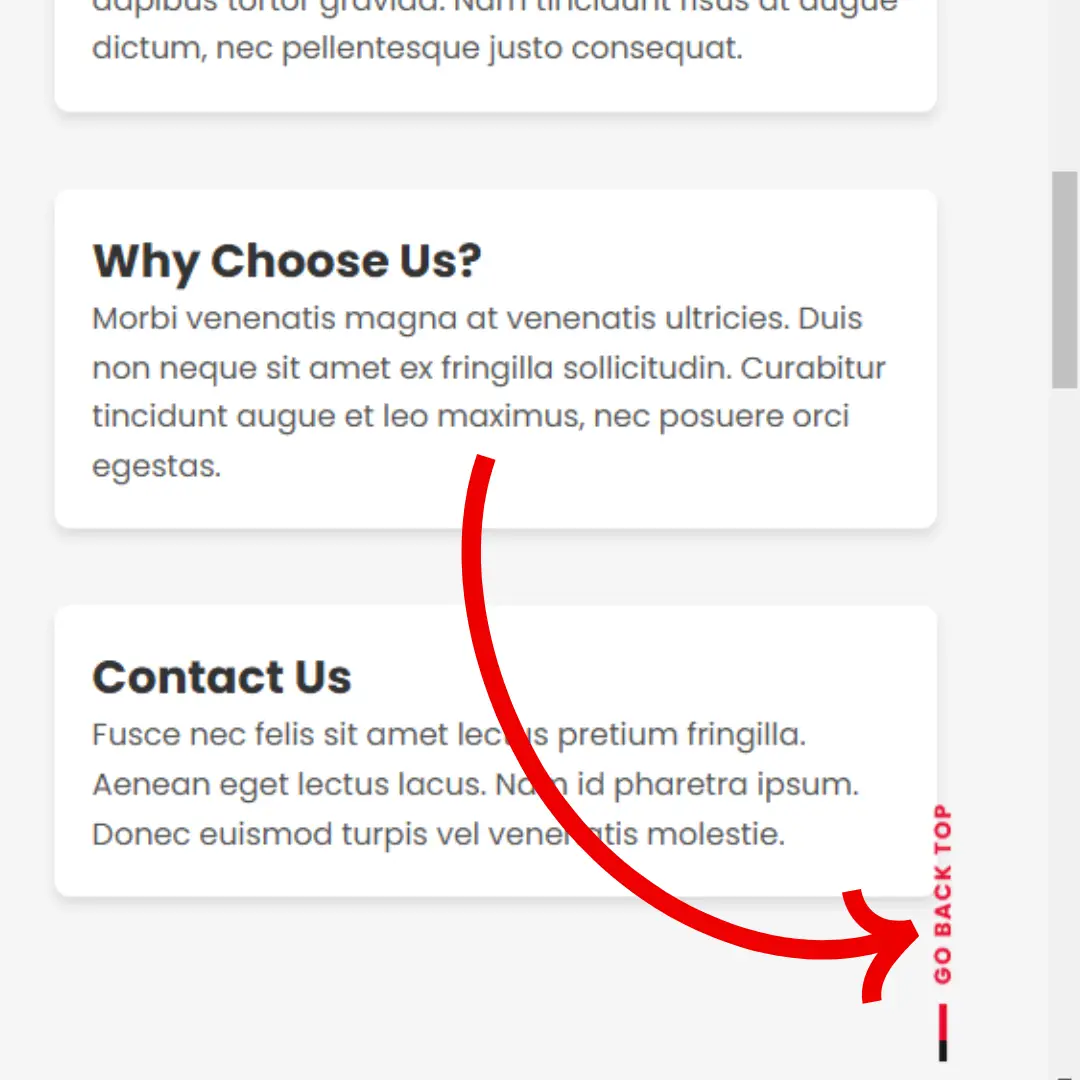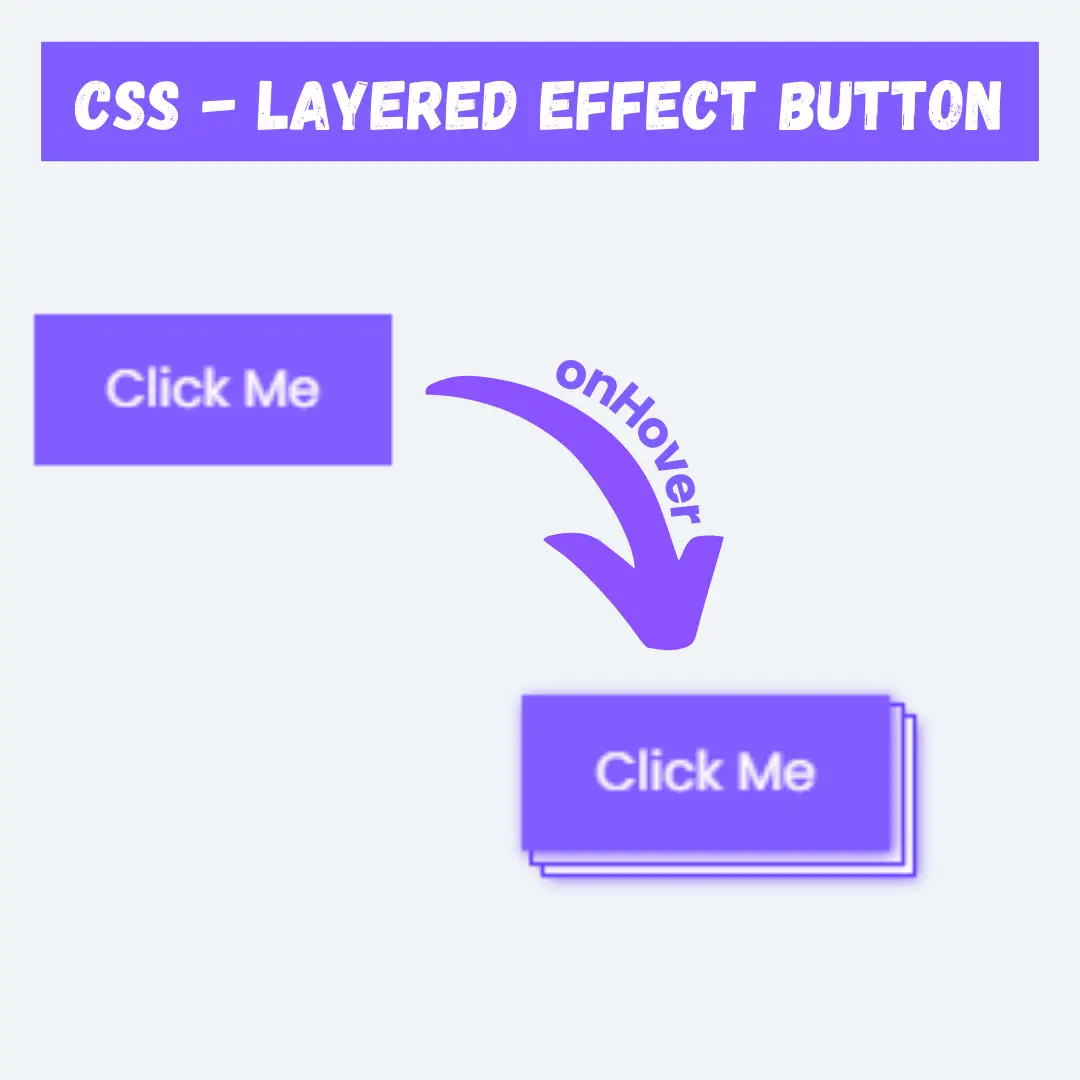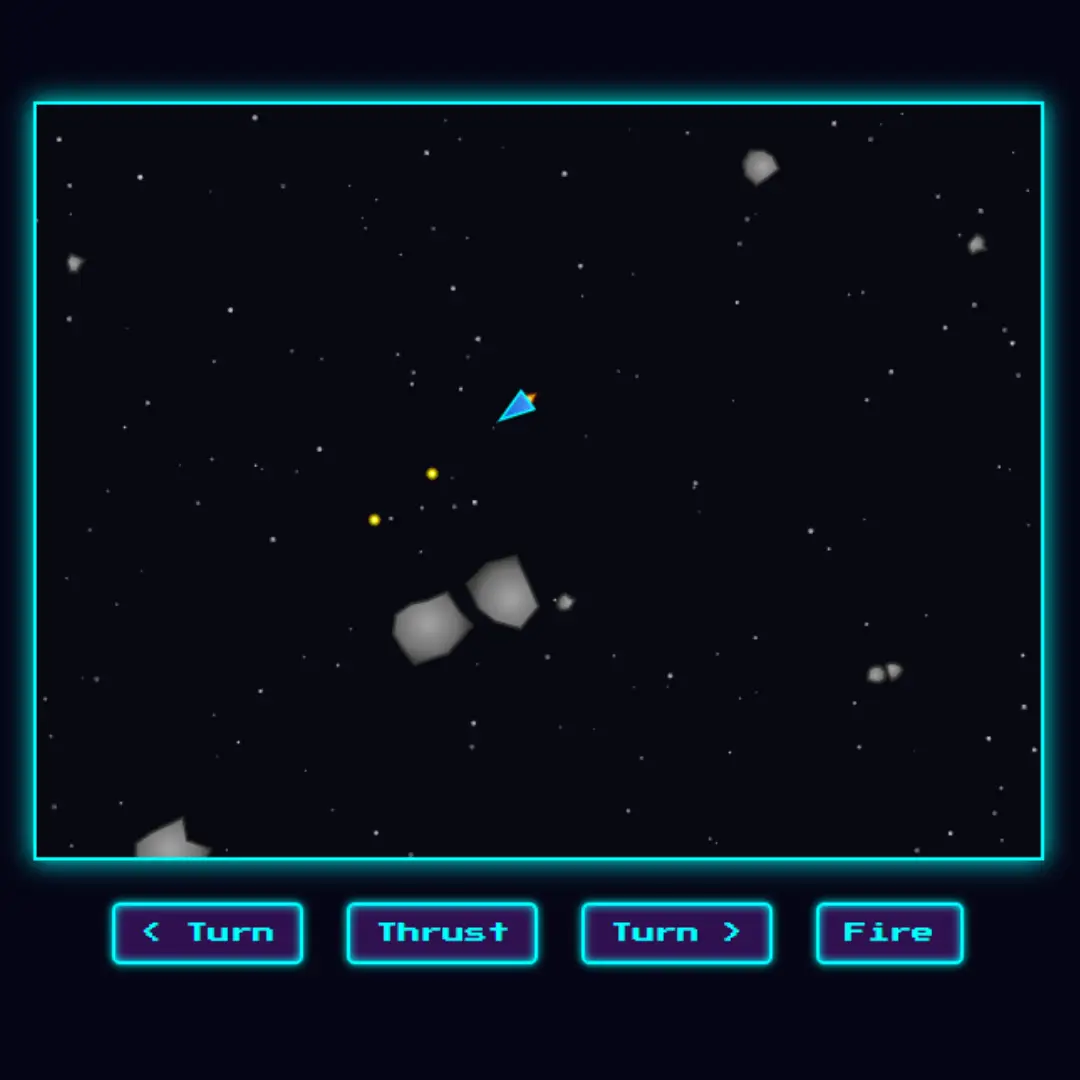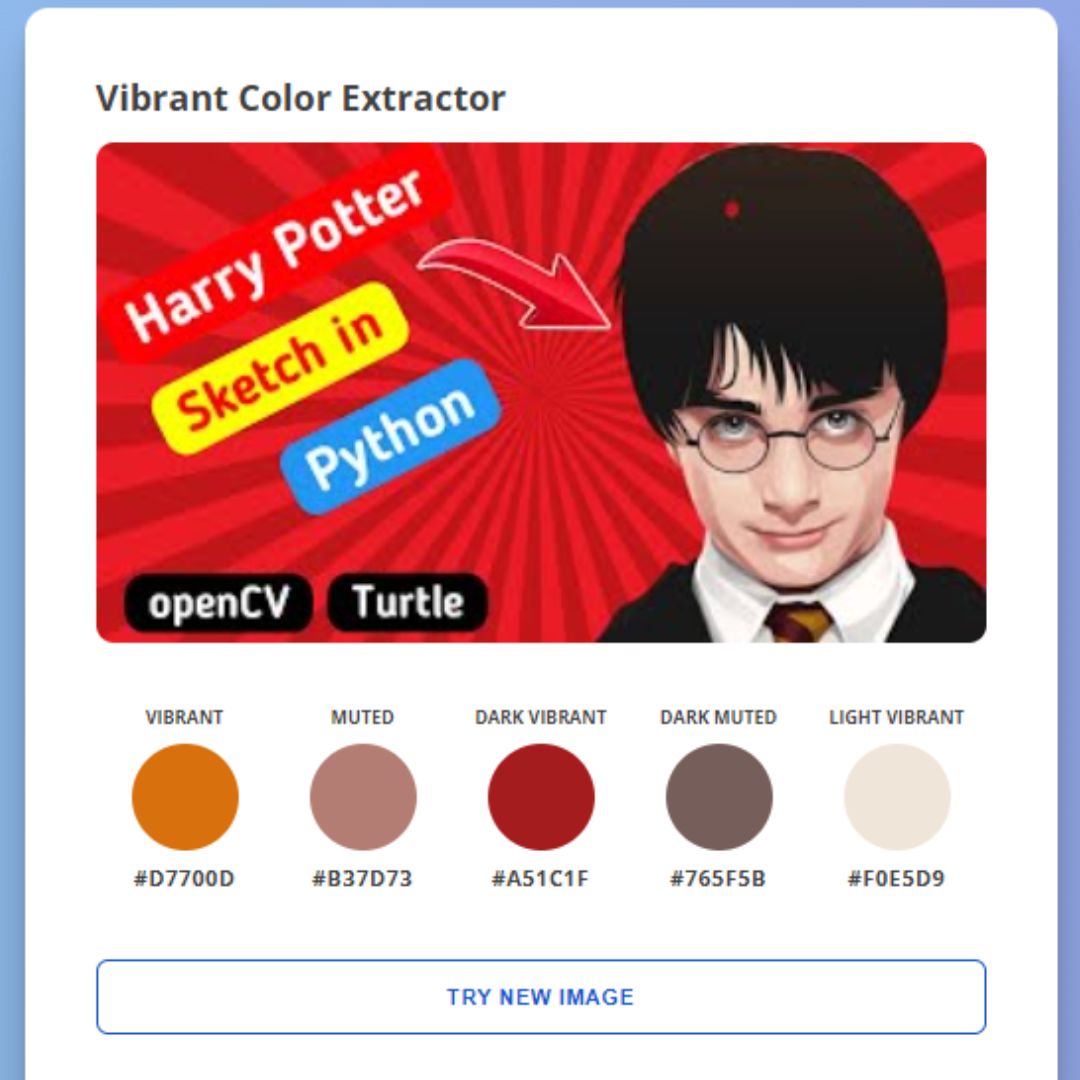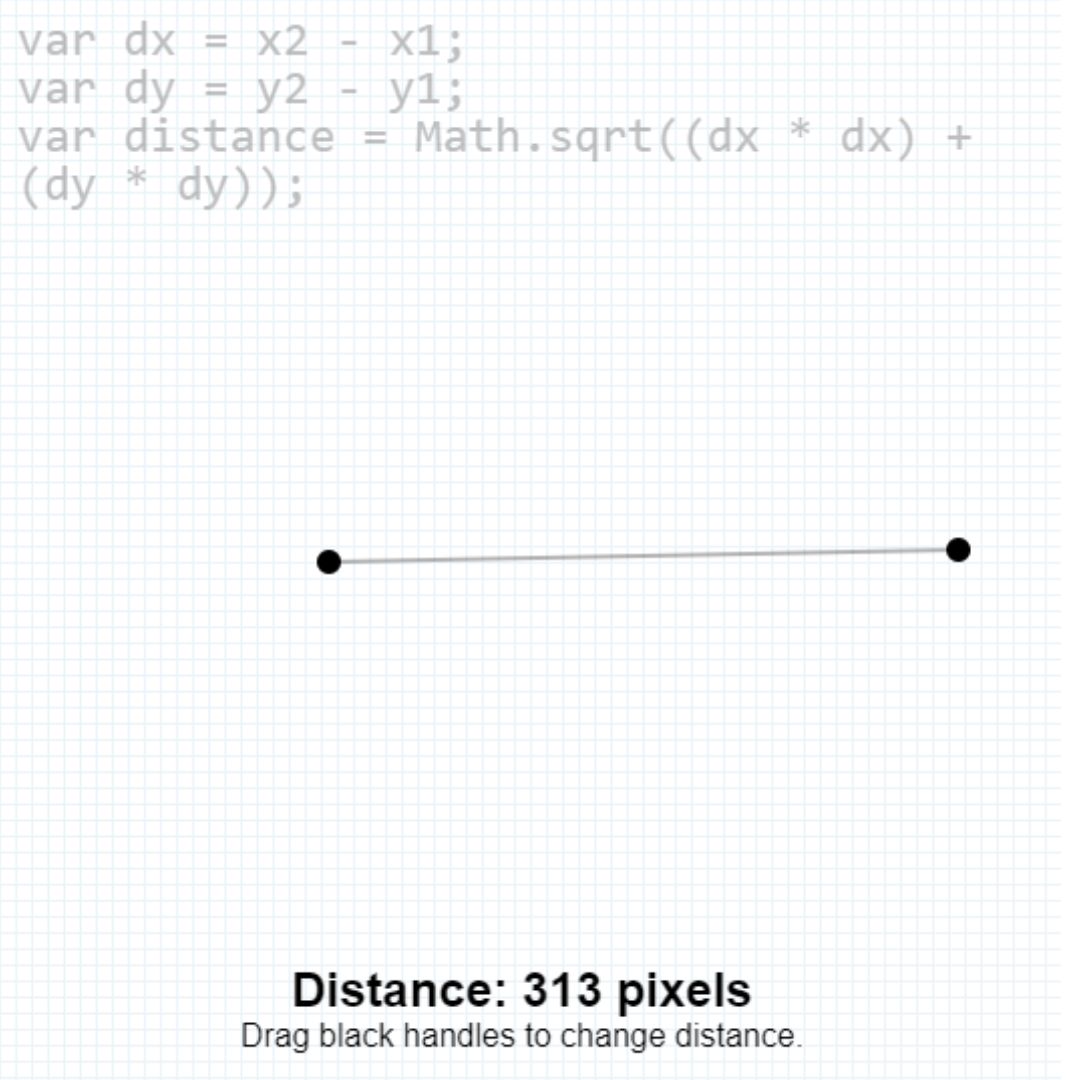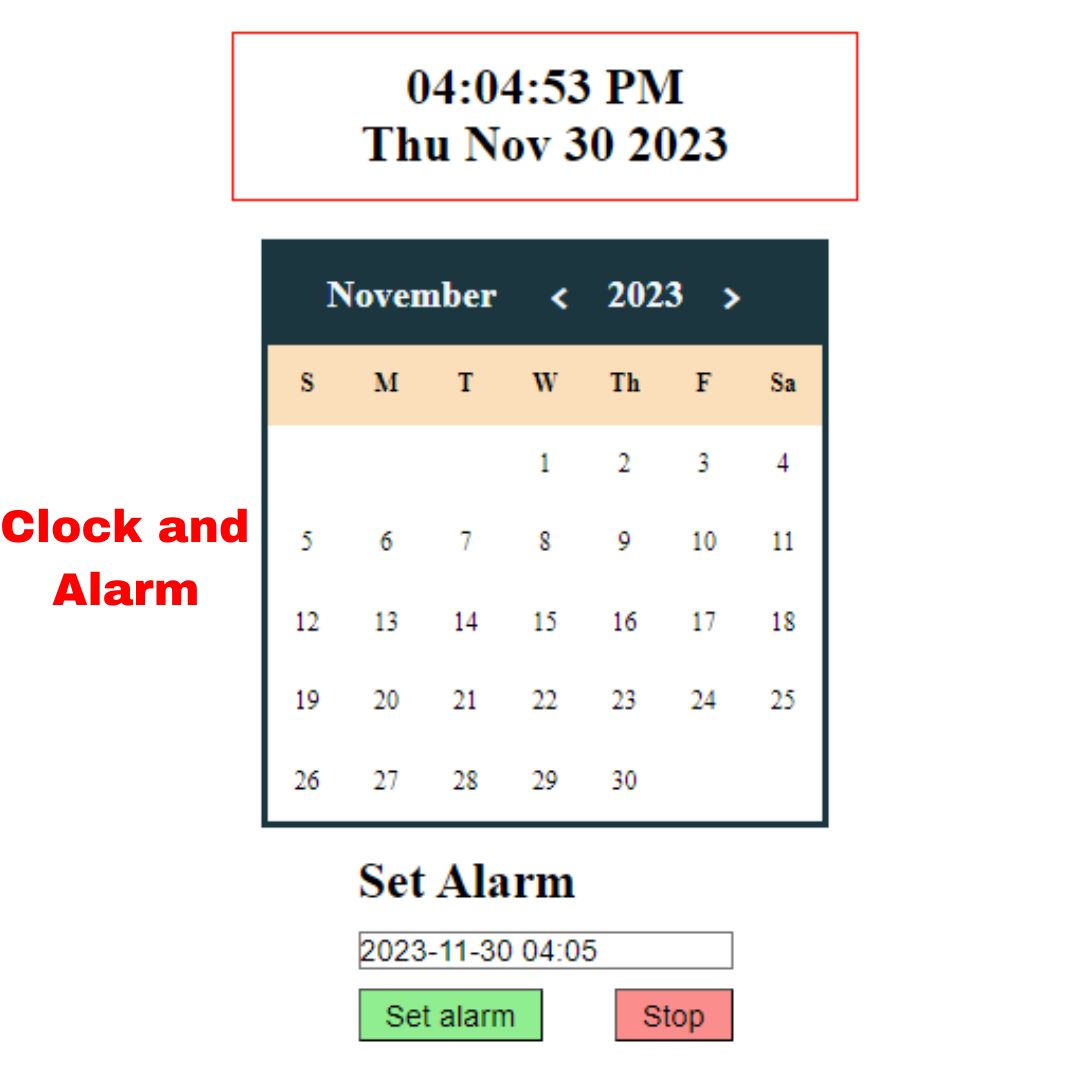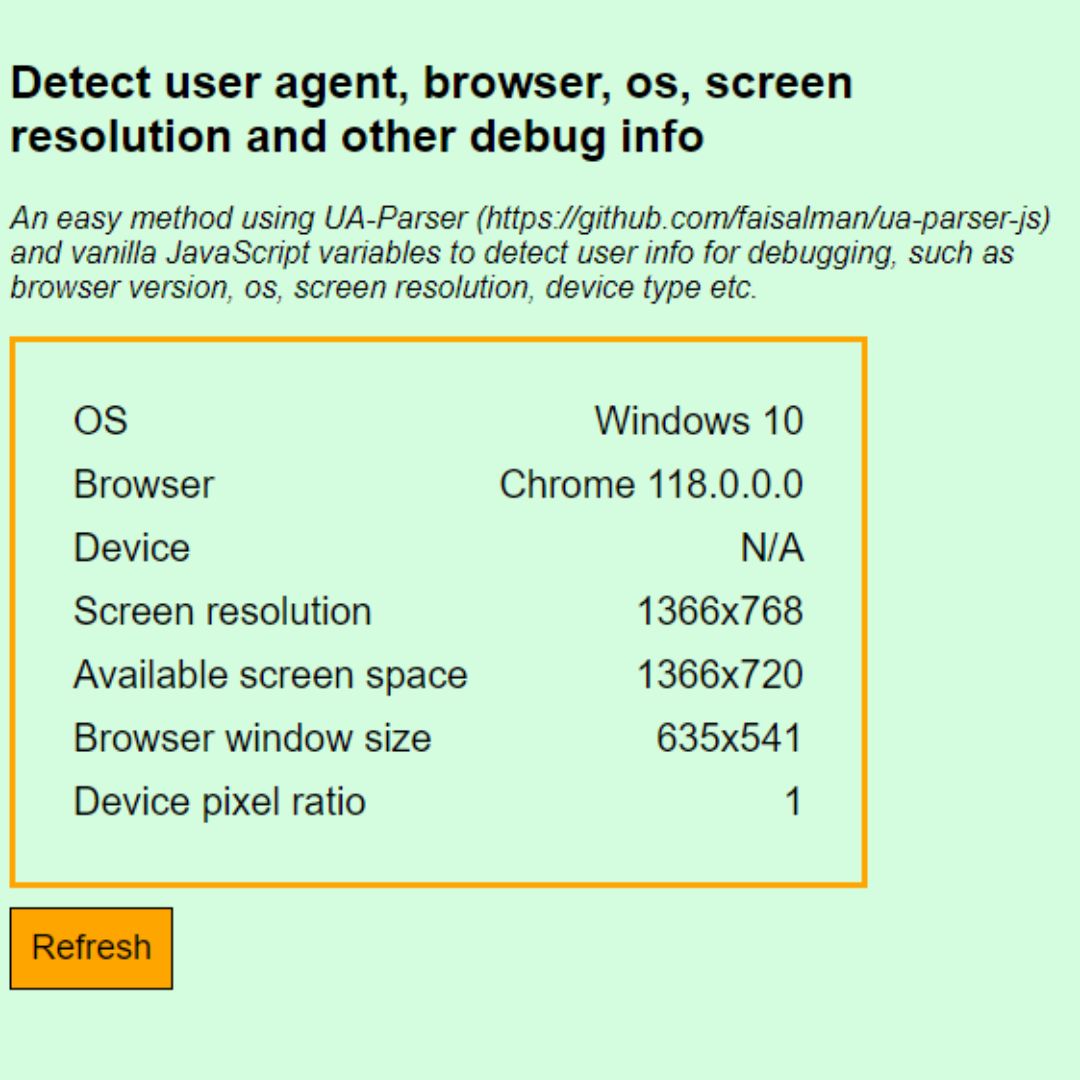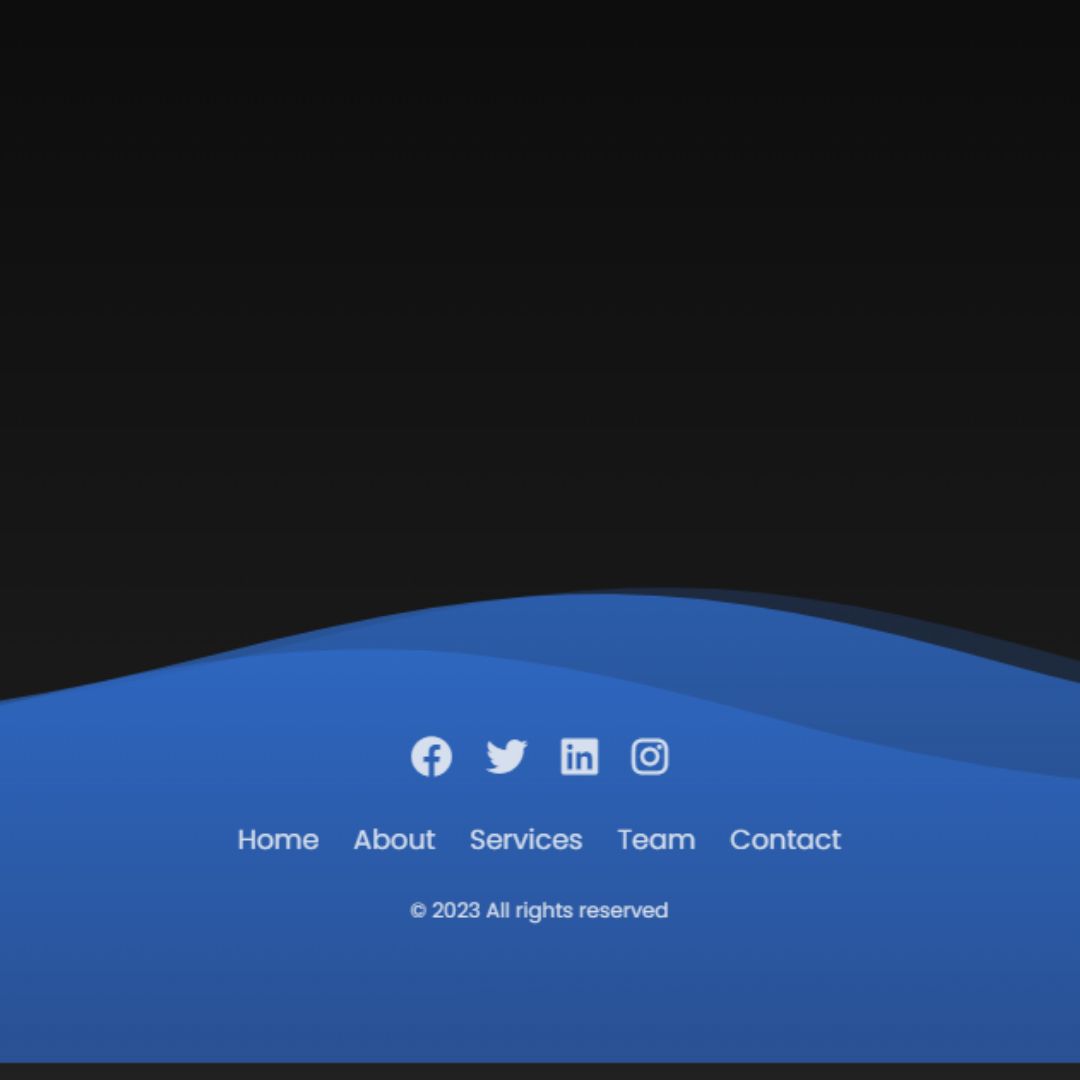Learn to create a face recognition attendance system using Python, Tkinter, and OpenCV. Step-by-step tutorial for seamless attendance tracking.

Table of Contents
- Prerequisites
- Project Setup
- Step-by-Step Implementation of Face Recognition Attendance System
- Full Face Recognition Attendance System Source Code
- Conclusion
In the modern world, automation has become a critical aspect of various industries, enhancing efficiency and reducing manual effort. One such area where automation plays a vital role is in attendance management. Traditional methods of tracking attendance, such as manual registers or card-based systems, are often time-consuming and prone to errors. To address these challenges, a Face Recognition Attendance System using Python and Tkinter offers an innovative and reliable solution. This system leverages the power of facial recognition technology to accurately and swiftly record attendance, ensuring a seamless and user-friendly experience. In this article, we will explore how to develop a Face Recognition Attendance System using Python and Tkinter, providing step-by-step guidance and insights into the underlying principles and technologies.
Prerequisites
To follow along with this tutorial, you need the following:
- Basic knowledge of Python programming
- Installed packages: OpenCV, Tkinter, NumPy, Pandas, PIL (Python Imaging Library)
- Haar Cascade file for face detection (haarcascade_frontalface_default.xml)
Project Setup
Before diving into the code, ensure you have the required packages installed. You can install them using pip:
pip install opencv-python tk pillow pandas numpy
Also, download the Haar Cascade file from here.
Step-by-Step Implementation of Face Recognition Attendance System
1. Importing Libraries
First, import all the necessary libraries:
import tkinter as tk from tkinter import ttk, messagebox as mess import tkinter.simpledialog as tsd import cv2, os, csv, numpy as np from PIL import Image import pandas as pd import datetime, time
2. Assure Path Exists
Create a function to ensure the required directories exist:
def assure_path_exists(path):
dir = os.path.dirname(path)
if not os.path.exists(dir):
os.makedirs(dir)
3. Clock Function
To display the current time:
def tick():
time_string = time.strftime('%H:%M:%S')
clock.config(text=time_string)
clock.after(200, tick)
4. Contact Information
A simple function to display contact information:
def contact():
mess._show(title='Contact us', message="Please contact us on : '[email protected]'")
5. Check Haar Cascade File
Ensure the Haar Cascade file is available:
def check_haarcascadefile():
exists = os.path.isfile("haarcascade_frontalface_default.xml")
if not exists:
mess._show(title='Some file missing', message='Please contact us for help')
window.destroy()
6. Password Management
Functions to manage passwords:
def save_pass():
assure_path_exists("TrainingImageLabel/")
exists1 = os.path.isfile("TrainingImageLabel/psd.txt")
if exists1:
tf = open("TrainingImageLabel/psd.txt", "r")
key = tf.read()
else:
master.destroy()
new_pas = tsd.askstring('Old Password not found', 'Please enter a new password below', show='*')
if new_pas:
tf = open("TrainingImageLabel/psd.txt", "w")
tf.write(new_pas)
mess._show(title='Password Registered', message='New password was registered successfully!!')
else:
mess._show(title='No Password Entered', message='Password not set!! Please try again')
return
op = old.get()
newp = new.get()
nnewp = nnew.get()
if op == key:
if newp == nnewp:
with open("TrainingImageLabel/psd.txt", "w") as txf:
txf.write(newp)
else:
mess._show(title='Error', message='Confirm new password again!!!')
return
else:
mess._show(title='Wrong Password', message='Please enter correct old password.')
return
mess._show(title='Password Changed', message='Password changed successfully!!')
master.destroy()
def change_pass():
global master
master = tk.Tk()
master.geometry("400x160")
master.resizable(False, False)
master.title("Change Password")
master.configure(background="white")
lbl4 = tk.Label(master, text=' Enter Old Password', bg='white', font=('times', 12, ' bold '))
lbl4.place(x=10, y=10)
global old
old = tk.Entry(master, width=25, fg="black", relief='solid', font=('times', 12, ' bold '), show='*')
old.place(x=180, y=10)
lbl5 = tk.Label(master, text=' Enter New Password', bg='white', font=('times', 12, ' bold '))
lbl5.place(x=10, y=45)
global new
new = tk.Entry(master, width=25, fg="black", relief='solid', font=('times', 12, ' bold '), show='*')
new.place(x=180, y=45)
lbl6 = tk.Label(master, text='Confirm New Password', bg='white', font=('times', 12, ' bold '))
lbl6.place(x=10, y=80)
global nnew
nnew = tk.Entry(master, width=25, fg="black", relief='solid', font=('times', 12, ' bold '), show='*')
nnew.place(x=180, y=80)
cancel = tk.Button(master, text="Cancel", command=master.destroy, fg="black", bg="red", height=1, width=25, activebackground="white", font=('times', 10, ' bold '))
cancel.place(x=200, y=120)
save1 = tk.Button(master, text="Save", command=save_pass, fg="black", bg="#3ece48", height=1, width=25, activebackground="white", font=('times', 10, ' bold '))
save1.place(x=10, y=120)
master.mainloop()
7. Image Capture
Capture images for training:
def TakeImages():
check_haarcascadefile()
columns = ['SERIAL NO.', '', 'ID', '', 'NAME']
assure_path_exists("StudentDetails/")
assure_path_exists("TrainingImage/")
serial = 0
exists = os.path.isfile("StudentDetails/StudentDetails.csv")
if exists:
with open("StudentDetails/StudentDetails.csv", 'r') as csvFile1:
reader1 = csv.reader(csvFile1)
for l in reader1:
serial += 1
serial = (serial // 2)
else:
with open("StudentDetails/StudentDetails.csv", 'a+') as csvFile1:
writer = csv.writer(csvFile1)
writer.writerow(columns)
serial = 1
Id = txt.get()
name = txt2.get()
if name.isalpha() or ' ' in name:
cam = cv2.VideoCapture(0)
harcascadePath = "haarcascade_frontalface_default.xml"
detector = cv2.CascadeClassifier(harcascadePath)
sampleNum = 0
while True:
ret, img = cam.read()
gray = cv2.cvtColor(img, cv2.COLOR_BGR2GRAY)
faces = detector.detectMultiScale(gray, 1.3, 5)
for (x, y, w, h) in faces:
cv2.rectangle(img, (x, y), (x + w, y + h), (255, 0, 0), 2)
sampleNum += 1
cv2.imwrite("TrainingImage/" + name + "." + str(serial) + "." + Id + '.' + str(sampleNum) + ".jpg", gray[y:y + h, x:x + w])
cv2.imshow('Taking Images', img)
if cv2.waitKey(100) & 0xFF == ord('q'):
break
elif sampleNum > 100:
break
cam.release()
cv2.destroyAllWindows()
res = "Images Taken for ID : " + Id
row = [serial, '', Id, '', name]
with open('StudentDetails/StudentDetails.csv', 'a+') as csvFile:
writer = csv.writer(csvFile)
writer.writerow(row)
message1.configure(text=res)
else:
if not name.isalpha():
res = "Enter Correct name"
message.configure(text=res)
8. Train Images
Train the captured images:
def TrainImages():
check_haarcascadefile()
assure_path_exists("TrainingImageLabel/")
recognizer = cv2.face.LBPHFaceRecognizer_create()
harcascadePath = "haarcascade_frontalface_default.xml"
detector = cv2.CascadeClassifier(harcascadePath)
faces, ID = getImagesAndLabels("TrainingImage")
try:
recognizer.train(faces, np.array(ID))
except:
mess._show(title='No Registrations', message='Please Register someone first!!!')
return
recognizer.save("TrainingImageLabel/Trainner.yml")
res = "Profile Saved Successfully"
message1.configure(text=res)
message.configure(text='Total Registrations till now : ' + str(ID[0]))
def getImagesAndLabels(path):
imagePaths = [os.path.join(path, f) for f in os.listdir(path)]
faces = []
Ids = []
for imagePath in imagePaths:
pilImage = Image.open(imagePath).convert('L')
imageNp = np.array(pilImage, 'uint8')
ID = int(os.path.split(imagePath)[-1].split(".")[1])
faces.append(imageNp)
Ids.append(ID)
return faces, Ids
9. Track Images
Track and recognize faces for attendance:
def TrackImages():
check_haarcascadefile()
assure_path_exists("Attendance/")
assure_path_exists("StudentDetails/")
for k in tv.get_children():
tv.delete(k)
msg = ''
i = 0
j = 0
recognizer = cv2.face.LBPHFaceRecognizer_create()
exists3 = os.path.isfile("TrainingImageLabel/Trainner.yml")
if exists3:
recognizer.read("TrainingImageLabel/Trainner.yml")
else:
mess._show(title='Data Missing', message='Please click on Save Profile to reset data!!')
return
harcascadePath = "haarcascade_frontalface_default.xml"
faceCascade = cv2.CascadeClassifier(harcascadePath)
cam = cv2.VideoCapture(0)
font = cv2.FONT_HERSHEY_SIMPLEX
col_names = ['ID', '', 'NAME', '', 'DATE', '', 'TIME']
exists1 = os.path.isfile("StudentDetails/StudentDetails.csv")
if exists1:
df = pd.read_csv("StudentDetails/StudentDetails.csv")
else:
mess._show(title='Details Missing', message='Students details are missing, please check!')
cam.release()
cv2.destroyAllWindows()
window.destroy()
while True:
ret, im = cam.read()
gray = cv2.cvtColor(im, cv2.COLOR_BGR2GRAY)
faces = faceCascade.detectMultiScale(gray, 1.2, 5)
for (x, y, w, h) in faces:
cv2.rectangle(im, (x, y), (x + w, y + h), (225, 0, 0), 2)
serial, conf = recognizer.predict(gray[y:y + h, x:x + w])
if conf < 50:
ts = time.time()
date = datetime.datetime.fromtimestamp(ts).strftime('%Y-%m-%d')
timeStamp = datetime.datetime.fromtimestamp(ts).strftime('%H:%M:%S')
aa = df.loc[df['SERIAL NO.'] == serial]['NAME'].values
ID = df.loc[df['SERIAL NO.'] == serial]['ID'].values
ID = str(ID)
ID = ID[1:-1]
bb = str(aa)
bb = bb[2:-2]
attendance = [str(ID), '', bb, '', str(date), '', str(timeStamp)]
i += 1
tv.insert('', 0, text=str(i), values=(str(ID), '', bb, '', str(date), '', str(timeStamp)))
else:
ID = 'Unknown'
bb = str(ID)
cv2.putText(im, str(ID), (x, y + h), font, 1, (255, 255, 255), 2)
cv2.imshow('Taking Attendance', im)
if cv2.waitKey(1) & 0xFF == ord('q'):
break
ts = time.time()
date = datetime.datetime.fromtimestamp(ts).strftime('%Y-%m-%d')
exists = os.path.isfile("Attendance/Attendance_" + date + ".csv")
if exists:
with open("Attendance/Attendance_" + date + ".csv", 'a+') as csvFile1:
writer = csv.writer(csvFile1)
writer.writerows(attendance)
else:
with open("Attendance/Attendance_" + date + ".csv", 'a+') as csvFile1:
writer = csv.writer(csvFile1)
writer.writerow(col_names)
writer.writerows(attendance)
cam.release()
cv2.destroyAllWindows()
res = "Attendance Successful"
message.configure(text=res)
tv.delete(*tv.get_children())
for k in attendance:
tv.insert('', 0, text=k[0], values=(k[1], '', k[2], '', k[3], '', k[4]))
User Interface
Create a simple user interface using Tkinter:
# Main window
window = tk.Tk()
window.title("Face Recognition Attendance System")
window.geometry('1280x720')
window.configure(background='black')
# GUI Components
frame1 = tk.Frame(window, bg="white")
frame1.place(relx=0.17, rely=0.17, relwidth=0.65, relheight=0.65)
message3 = tk.Label(window, text="Face Recognition Based Attendance System", fg="white", bg="black", width=55, height=1, font=('times', 29, ' bold '))
message3.place(x=10, y=10)
lbl = tk.Label(frame1, text="Enter ID", width=20, height=2, fg="black", bg="white", font=('times', 15, ' bold '))
lbl.place(x=200, y=150)
txt = tk.Entry(frame1, width=20, bg="white", fg="black", font=('times', 15, ' bold '))
txt.place(x=550, y=165)
lbl2 = tk.Label(frame1, text="Enter Name", width=20, fg="black", bg="white", height=2, font=('times', 15, ' bold '))
lbl2.place(x=200, y=250)
txt2 = tk.Entry(frame1, width=20, bg="white", fg="black", font=('times', 15, ' bold '))
txt2.place(x=550, y=265)
message1 = tk.Label(frame1, text="", bg="white", fg="black", width=30, height=2, activebackground="white", font=('times', 15, ' bold '))
message1.place(x=200, y=450)
# Buttons
takeImg = tk.Button(frame1, text="Take Images", command=TakeImages, fg="black", bg="#3ece48", width=20, height=3, activebackground="white", font=('times', 15, ' bold '))
takeImg.place(x=200, y=350)
trainImg = tk.Button(frame1, text="Save Profile", command=TrainImages, fg="black", bg="#3ece48", width=20, height=3, activebackground="white", font=('times', 15, ' bold '))
trainImg.place(x=500, y=350)
trackImg = tk.Button(frame1, text="Track Images", command=TrackImages, fg="black", bg="#3ece48", width=20, height=3, activebackground="white", font=('times', 15, ' bold '))
trackImg.place(x=800, y=350)
quitWindow = tk.Button(frame1, text="Quit", command=window.destroy, fg="black", bg="red", width=20, height=3, activebackground="white", font=('times', 15, ' bold '))
quitWindow.place(x=1100, y=350)
# Attendance table
lbl3 = tk.Label(window, text="Attendance", width=20, fg="white", bg="black", height=2, font=('times', 15, ' bold '))
lbl3.place(x=20, y=620)
frame2 = tk.Frame(window, bg="white")
frame2.place(relx=0.2, rely=0.55, relwidth=0.7, relheight=0.3)
tv = ttk.Treeview(frame2, height=13, columns=('ID', '', 'Name', '', 'Date', '', 'Time'))
tv.column('#0', width=82)
tv.column('ID', width=130)
tv.column('', width=130)
tv.column('Name', width=130)
tv.column('', width=130)
tv.column('Date', width=130)
tv.column('', width=130)
tv.column('Time', width=130)
tv.grid(row=2, column=0, padx=(0, 0), pady=(0, 0), columnspan=7)
tv.heading('#0', text='ID')
tv.heading('ID', text='ID')
tv.heading('', text='')
tv.heading('Name', text='Name')
tv.heading('', text='')
tv.heading('Date', text='Date')
tv.heading('', text='')
tv.heading('Time', text='Time')
# Contact info
contact_label = tk.Label(window, text="For any technical support contact: [email protected]", width=60, fg="white", bg="black", height=1, font=('times', 15, ' italic bold '))
contact_label.place(x=10, y=700)
clock = tk.Label(window, fg="white", bg="black", width=10, height=1, font=('times', 15, ' bold '))
clock.place(x=1150, y=700)
tick()
window.mainloop()
Full Face Recognition Attendance System Source Code
import tkinter as tk
from tkinter import ttk
from tkinter import messagebox as mess
import tkinter.simpledialog as tsd
import cv2,os
import csv
import numpy as np
from PIL import Image
import pandas as pd
import datetime
import time
def assure_path_exists(path):
dir = os.path.dirname(path)
if not os.path.exists(dir):
os.makedirs(dir)
def tick():
time_string = time.strftime('%H:%M:%S')
clock.config(text=time_string)
clock.after(200,tick)
def contact():
mess._show(title='Contact us', message="Please contact us on : '[email protected]' ")
def check_haarcascadefile():
exists = os.path.isfile("haarcascade_frontalface_default.xml")
if exists:
pass
else:
mess._show(title='Some file missing', message='Please contact us for help')
window.destroy()
def save_pass():
assure_path_exists("TrainingImageLabel/")
exists1 = os.path.isfile("TrainingImageLabel\psd.txt")
if exists1:
tf = open("TrainingImageLabel\psd.txt", "r")
key = tf.read()
else:
master.destroy()
new_pas = tsd.askstring('Old Password not found', 'Please enter a new password below', show='*')
if new_pas == None:
mess._show(title='No Password Entered', message='Password not set!! Please try again')
else:
tf = open("TrainingImageLabel\psd.txt", "w")
tf.write(new_pas)
mess._show(title='Password Registered', message='New password was registered successfully!!')
return
op = (old.get())
newp= (new.get())
nnewp = (nnew.get())
if (op == key):
if(newp == nnewp):
txf = open("TrainingImageLabel\psd.txt", "w")
txf.write(newp)
else:
mess._show(title='Error', message='Confirm new password again!!!')
return
else:
mess._show(title='Wrong Password', message='Please enter correct old password.')
return
mess._show(title='Password Changed', message='Password changed successfully!!')
master.destroy()
def change_pass():
global master
master = tk.Tk()
master.geometry("400x160")
master.resizable(False,False)
master.title("Change Password")
master.configure(background="white")
lbl4 = tk.Label(master,text=' Enter Old Password',bg='white',font=('times', 12, ' bold '))
lbl4.place(x=10,y=10)
global old
old=tk.Entry(master,width=25 ,fg="black",relief='solid',font=('times', 12, ' bold '),show='*')
old.place(x=180,y=10)
lbl5 = tk.Label(master, text=' Enter New Password', bg='white', font=('times', 12, ' bold '))
lbl5.place(x=10, y=45)
global new
new = tk.Entry(master, width=25, fg="black",relief='solid', font=('times', 12, ' bold '),show='*')
new.place(x=180, y=45)
lbl6 = tk.Label(master, text='Confirm New Password', bg='white', font=('times', 12, ' bold '))
lbl6.place(x=10, y=80)
global nnew
nnew = tk.Entry(master, width=25, fg="black", relief='solid',font=('times', 12, ' bold '),show='*')
nnew.place(x=180, y=80)
cancel=tk.Button(master,text="Cancel", command=master.destroy ,fg="black" ,bg="red" ,height=1,width=25 , activebackground = "white" ,font=('times', 10, ' bold '))
cancel.place(x=200, y=120)
save1 = tk.Button(master, text="Save", command=save_pass, fg="black", bg="#3ece48", height = 1,width=25, activebackground="white", font=('times', 10, ' bold '))
save1.place(x=10, y=120)
master.mainloop()
def psw():
assure_path_exists("TrainingImageLabel/")
exists1 = os.path.isfile("TrainingImageLabel\psd.txt")
if exists1:
tf = open("TrainingImageLabel\psd.txt", "r")
key = tf.read()
else:
new_pas = tsd.askstring('Old Password not found', 'Please enter a new password below', show='*')
if new_pas == None:
mess._show(title='No Password Entered', message='Password not set!! Please try again')
else:
tf = open("TrainingImageLabel\psd.txt", "w")
tf.write(new_pas)
mess._show(title='Password Registered', message='New password was registered successfully!!')
return
password = tsd.askstring('Password', 'Enter Password', show='*')
if (password == key):
TrainImages()
elif (password == None):
pass
else:
mess._show(title='Wrong Password', message='You have entered wrong password')
def clear():
txt.delete(0, 'end')
res = "1)Take Images >>> 2)Save Profile"
message1.configure(text=res)
def clear2():
txt2.delete(0, 'end')
res = "1)Take Images >>> 2)Save Profile"
message1.configure(text=res)
def TakeImages():
check_haarcascadefile()
columns = ['SERIAL NO.', '', 'ID', '', 'NAME']
assure_path_exists("StudentDetails/")
assure_path_exists("TrainingImage/")
serial = 0
exists = os.path.isfile("StudentDetails\StudentDetails.csv")
if exists:
with open("StudentDetails\StudentDetails.csv", 'r') as csvFile1:
reader1 = csv.reader(csvFile1)
for l in reader1:
serial = serial + 1
serial = (serial // 2)
csvFile1.close()
else:
with open("StudentDetails\StudentDetails.csv", 'a+') as csvFile1:
writer = csv.writer(csvFile1)
writer.writerow(columns)
serial = 1
csvFile1.close()
Id = (txt.get())
name = (txt2.get())
if ((name.isalpha()) or (' ' in name)):
cam = cv2.VideoCapture(0)
harcascadePath = "haarcascade_frontalface_default.xml"
detector = cv2.CascadeClassifier(harcascadePath)
sampleNum = 0
while (True):
ret, img = cam.read()
gray = cv2.cvtColor(img, cv2.COLOR_BGR2GRAY)
faces = detector.detectMultiScale(gray, 1.3, 5)
for (x, y, w, h) in faces:
cv2.rectangle(img, (x, y), (x + w, y + h), (255, 0, 0), 2)
# incrementing sample number
sampleNum = sampleNum + 1
# saving the captured face in the dataset folder TrainingImage
cv2.imwrite("TrainingImage\ " + name + "." + str(serial) + "." + Id + '.' + str(sampleNum) + ".jpg",
gray[y:y + h, x:x + w])
# display the frame
cv2.imshow('Taking Images', img)
# wait for 100 miliseconds
if cv2.waitKey(100) & 0xFF == ord('q'):
break
# break if the sample number is morethan 100
elif sampleNum > 100:
break
cam.release()
cv2.destroyAllWindows()
res = "Images Taken for ID : " + Id
row = [serial, '', Id, '', name]
with open('StudentDetails\StudentDetails.csv', 'a+') as csvFile:
writer = csv.writer(csvFile)
writer.writerow(row)
csvFile.close()
message1.configure(text=res)
else:
if (name.isalpha() == False):
res = "Enter Correct name"
message.configure(text=res)
def TrainImages():
check_haarcascadefile()
assure_path_exists("TrainingImageLabel/")
recognizer = cv2.face_LBPHFaceRecognizer.create()
harcascadePath = "haarcascade_frontalface_default.xml"
detector = cv2.CascadeClassifier(harcascadePath)
faces, ID = getImagesAndLabels("TrainingImage")
try:
recognizer.train(faces, np.array(ID))
except:
mess._show(title='No Registrations', message='Please Register someone first!!!')
return
recognizer.save("TrainingImageLabel\Trainner.yml")
res = "Profile Saved Successfully"
message1.configure(text=res)
message.configure(text='Total Registrations till now : ' + str(ID[0]))
def getImagesAndLabels(path):
# get the path of all the files in the folder
imagePaths = [os.path.join(path, f) for f in os.listdir(path)]
# create empth face list
faces = []
# create empty ID list
Ids = []
# now looping through all the image paths and loading the Ids and the images
for imagePath in imagePaths:
# loading the image and converting it to gray scale
pilImage = Image.open(imagePath).convert('L')
# Now we are converting the PIL image into numpy array
imageNp = np.array(pilImage, 'uint8')
# getting the Id from the image
ID = int(os.path.split(imagePath)[-1].split(".")[1])
# extract the face from the training image sample
faces.append(imageNp)
Ids.append(ID)
return faces, Ids
def TrackImages():
check_haarcascadefile()
assure_path_exists("Attendance/")
assure_path_exists("StudentDetails/")
for k in tv.get_children():
tv.delete(k)
msg = ''
i = 0
j = 0
recognizer = cv2.face.LBPHFaceRecognizer_create() # cv2.createLBPHFaceRecognizer()
exists3 = os.path.isfile("TrainingImageLabel\Trainner.yml")
if exists3:
recognizer.read("TrainingImageLabel\Trainner.yml")
else:
mess._show(title='Data Missing', message='Please click on Save Profile to reset data!!')
return
harcascadePath = "haarcascade_frontalface_default.xml"
faceCascade = cv2.CascadeClassifier(harcascadePath);
cam = cv2.VideoCapture(0)
font = cv2.FONT_HERSHEY_SIMPLEX
col_names = ['Id', '', 'Name', '', 'Date', '', 'Time']
exists1 = os.path.isfile("StudentDetails\StudentDetails.csv")
if exists1:
df = pd.read_csv("StudentDetails\StudentDetails.csv")
else:
mess._show(title='Details Missing', message='Students details are missing, please check!')
cam.release()
cv2.destroyAllWindows()
window.destroy()
while True:
ret, im = cam.read()
gray = cv2.cvtColor(im, cv2.COLOR_BGR2GRAY)
faces = faceCascade.detectMultiScale(gray, 1.2, 5)
for (x, y, w, h) in faces:
cv2.rectangle(im, (x, y), (x + w, y + h), (225, 0, 0), 2)
serial, conf = recognizer.predict(gray[y:y + h, x:x + w])
if (conf < 50):
ts = time.time()
date = datetime.datetime.fromtimestamp(ts).strftime('%d-%m-%Y')
timeStamp = datetime.datetime.fromtimestamp(ts).strftime('%H:%M:%S')
aa = df.loc[df['SERIAL NO.'] == serial]['NAME'].values
ID = df.loc[df['SERIAL NO.'] == serial]['ID'].values
ID = str(ID)
ID = ID[1:-1]
bb = str(aa)
bb = bb[2:-2]
attendance = [str(ID), '', bb, '', str(date), '', str(timeStamp)]
else:
Id = 'Unknown'
bb = str(Id)
cv2.putText(im, str(bb), (x, y + h), font, 1, (255, 255, 255), 2)
cv2.imshow('Taking Attendance', im)
if (cv2.waitKey(1) == ord('q')):
break
ts = time.time()
date = datetime.datetime.fromtimestamp(ts).strftime('%d-%m-%Y')
exists = os.path.isfile("Attendance\Attendance_" + date + ".csv")
if exists:
with open("Attendance\Attendance_" + date + ".csv", 'a+') as csvFile1:
writer = csv.writer(csvFile1)
writer.writerow(attendance)
csvFile1.close()
else:
with open("Attendance\Attendance_" + date + ".csv", 'a+') as csvFile1:
writer = csv.writer(csvFile1)
writer.writerow(col_names)
writer.writerow(attendance)
csvFile1.close()
with open("Attendance\Attendance_" + date + ".csv", 'r') as csvFile1:
reader1 = csv.reader(csvFile1)
for lines in reader1:
i = i + 1
if (i > 1):
if (i % 2 != 0):
iidd = str(lines[0]) + ' '
tv.insert('', 0, text=iidd, values=(str(lines[2]), str(lines[4]), str(lines[6])))
csvFile1.close()
cam.release()
cv2.destroyAllWindows()
global key
key = ''
ts = time.time()
date = datetime.datetime.fromtimestamp(ts).strftime('%d-%m-%Y')
day,month,year=date.split("-")
mont={'01':'January',
'02':'February',
'03':'March',
'04':'April',
'05':'May',
'06':'June',
'07':'July',
'08':'August',
'09':'September',
'10':'October',
'11':'November',
'12':'December'
}
window = tk.Tk()
window.geometry("1280x720")
window.resizable(True,False)
window.title("Attendance System")
window.configure(background='#262523')
frame1 = tk.Frame(window, bg="#00aeff")
frame1.place(relx=0.11, rely=0.17, relwidth=0.39, relheight=0.80)
frame2 = tk.Frame(window, bg="#00aeff")
frame2.place(relx=0.51, rely=0.17, relwidth=0.38, relheight=0.80)
message3 = tk.Label(window, text="Face Recognition Based Attendance System" ,fg="white",bg="#262523" ,width=55 ,height=1,font=('times', 29, ' bold '))
message3.place(x=10, y=10)
frame3 = tk.Frame(window, bg="#c4c6ce")
frame3.place(relx=0.52, rely=0.09, relwidth=0.09, relheight=0.07)
frame4 = tk.Frame(window, bg="#c4c6ce")
frame4.place(relx=0.36, rely=0.09, relwidth=0.16, relheight=0.07)
datef = tk.Label(frame4, text = day+"-"+mont[month]+"-"+year+" | ", fg="orange",bg="#262523" ,width=55 ,height=1,font=('times', 22, ' bold '))
datef.pack(fill='both',expand=1)
clock = tk.Label(frame3,fg="orange",bg="#262523" ,width=55 ,height=1,font=('times', 22, ' bold '))
clock.pack(fill='both',expand=1)
tick()
head2 = tk.Label(frame2, text=" For New Registrations ", fg="black",bg="#3ece48" ,font=('times', 17, ' bold ') )
head2.grid(row=0,column=0)
head1 = tk.Label(frame1, text=" For Already Registered ", fg="black",bg="#3ece48" ,font=('times', 17, ' bold ') )
head1.place(x=0,y=0)
lbl = tk.Label(frame2, text="Enter ID",width=20 ,height=1 ,fg="black" ,bg="#00aeff" ,font=('times', 17, ' bold ') )
lbl.place(x=80, y=55)
txt = tk.Entry(frame2,width=32 ,fg="black",font=('times', 15, ' bold '))
txt.place(x=30, y=88)
lbl2 = tk.Label(frame2, text="Enter Name",width=20 ,fg="black" ,bg="#00aeff" ,font=('times', 17, ' bold '))
lbl2.place(x=80, y=140)
txt2 = tk.Entry(frame2,width=32 ,fg="black",font=('times', 15, ' bold ') )
txt2.place(x=30, y=173)
message1 = tk.Label(frame2, text="1)Take Images >>> 2)Save Profile" ,bg="#00aeff" ,fg="black" ,width=39 ,height=1, activebackground = "yellow" ,font=('times', 15, ' bold '))
message1.place(x=7, y=230)
message = tk.Label(frame2, text="" ,bg="#00aeff" ,fg="black" ,width=39,height=1, activebackground = "yellow" ,font=('times', 16, ' bold '))
message.place(x=7, y=450)
lbl3 = tk.Label(frame1, text="Attendance",width=20 ,fg="black" ,bg="#00aeff" ,height=1 ,font=('times', 17, ' bold '))
lbl3.place(x=100, y=115)
res=0
exists = os.path.isfile("StudentDetails\StudentDetails.csv")
if exists:
with open("StudentDetails\StudentDetails.csv", 'r') as csvFile1:
reader1 = csv.reader(csvFile1)
for l in reader1:
res = res + 1
res = (res // 2) - 1
csvFile1.close()
else:
res = 0
message.configure(text='Total Registrations till now : '+str(res))
menubar = tk.Menu(window,relief='ridge')
filemenu = tk.Menu(menubar,tearoff=0)
filemenu.add_command(label='Change Password', command = change_pass)
filemenu.add_command(label='Contact Us', command = contact)
filemenu.add_command(label='Exit',command = window.destroy)
menubar.add_cascade(label='Help',font=('times', 29, ' bold '),menu=filemenu)
tv= ttk.Treeview(frame1,height =13,columns = ('name','date','time'))
tv.column('#0',width=82)
tv.column('name',width=130)
tv.column('date',width=133)
tv.column('time',width=133)
tv.grid(row=2,column=0,padx=(0,0),pady=(150,0),columnspan=4)
tv.heading('#0',text ='ID')
tv.heading('name',text ='NAME')
tv.heading('date',text ='DATE')
tv.heading('time',text ='TIME')
scroll=ttk.Scrollbar(frame1,orient='vertical',command=tv.yview)
scroll.grid(row=2,column=4,padx=(0,100),pady=(150,0),sticky='ns')
tv.configure(yscrollcommand=scroll.set)
clearButton = tk.Button(frame2, text="Clear", command=clear ,fg="black" ,bg="#ea2a2a" ,width=11 ,activebackground = "white" ,font=('times', 11, ' bold '))
clearButton.place(x=335, y=86)
clearButton2 = tk.Button(frame2, text="Clear", command=clear2 ,fg="black" ,bg="#ea2a2a" ,width=11 , activebackground = "white" ,font=('times', 11, ' bold '))
clearButton2.place(x=335, y=172)
takeImg = tk.Button(frame2, text="Take Images", command=TakeImages ,fg="white" ,bg="blue" ,width=34 ,height=1, activebackground = "white" ,font=('times', 15, ' bold '))
takeImg.place(x=30, y=300)
trainImg = tk.Button(frame2, text="Save Profile", command=psw ,fg="white" ,bg="blue" ,width=34 ,height=1, activebackground = "white" ,font=('times', 15, ' bold '))
trainImg.place(x=30, y=380)
trackImg = tk.Button(frame1, text="Take Attendance", command=TrackImages ,fg="black" ,bg="yellow" ,width=35 ,height=1, activebackground = "white" ,font=('times', 15, ' bold '))
trackImg.place(x=30,y=50)
quitWindow = tk.Button(frame1, text="Quit", command=window.destroy ,fg="black" ,bg="red" ,width=35 ,height=1, activebackground = "white" ,font=('times', 15, ' bold '))
quitWindow.place(x=30, y=450)
window.configure(menu=menubar)
window.mainloop()
Conclusion
Implementing a Face Recognition Attendance System using Python and Tkinter not only modernizes the attendance tracking process but also enhances accuracy and convenience. By utilizing advanced facial recognition algorithms, this system ensures secure and efficient attendance management, reducing the risk of errors and fraud. Throughout this guide, we have demonstrated the key steps and components involved in building this system, from setting up the necessary libraries to integrating the Tkinter interface. With the completion of this project, you now have a robust tool that can be adapted and scaled to various environments, such as schools, offices, and events. Embracing such technology not only streamlines operations but also paves the way for further innovations in automated systems.
Code by: Shubham Kumar
That’s a wrap!
I hope you enjoyed this article
Did you like it? Let me know in the comments below 🔥 and you can support me by buying me a coffee.
And don’t forget to sign up to our email newsletter so you can get useful content like this sent right to your inbox!
Thanks!
Faraz 😊


